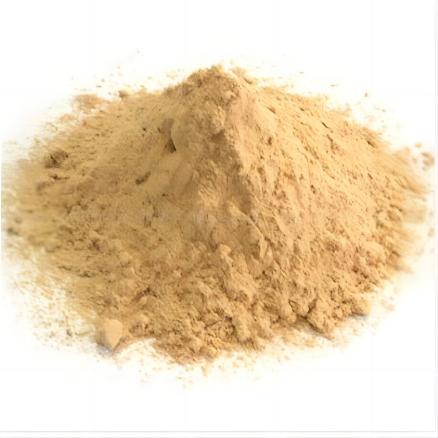La L-lisina, a menudo denominada simplemente lisina, es un aminoácido esencial, lo que significa que no puede ser sintetizado por el organismo y debe obtenerse de la dieta.


L-Lisina CAS NO. 56-87-1
La L-lisina, a menudo denominada simplemente lisina, es un aminoácido esencial, lo que significa que no puede ser sintetizado por el organismo y debe obtenerse de la dieta.
La L-lisina es un aminoácido esencial que suele presentarse en forma de polvo cristalino blanco o blanquecino. Es soluble en agua y tiene un sabor ligeramente amargo. Este compuesto desempeña un papel crucial en diversos procesos biológicos, lo que lo convierte en un importante componente dietético.
Funciones y aplicaciones:
1 Síntesis de proteínas: Como todos los aminoácidos, la lisina es un componente básico de las proteínas. Interviene en la síntesis de nuevas proteínas en el organismo, lo que es esencial para el crecimiento, la reparación y el mantenimiento de tejidos, músculos, enzimas, hormonas y anticuerpos.
2 Formación de colágeno: La lisina es especialmente importante para la síntesis de colágeno, ya que contribuye a la estructura, resistencia y elasticidad de tejidos conectivos como la piel, los tendones, los cartílagos y los huesos. Trabaja conjuntamente con otros aminoácidos como la prolina y la glicina para formar las fibras de colágeno.
3 Absorción del calcio y salud ósea: La lisina interviene en la absorción del calcio y la formación de colágeno en los huesos. Ayuda a mantener la densidad y resistencia óseas, por lo que es importante para la salud de los huesos y la prevención de enfermedades como la osteoporosis.
4 Función inmunitaria: La lisina interviene en la producción de anticuerpos y se ha demostrado que favorece la función inmunitaria. Puede ayudar al organismo a defenderse contra infecciones y virus, en particular las infecciones por el virus del herpes simple (VHS).
5 Reticulación del colágeno: La lisina interviene en el proceso de reticulación del colágeno, en el que las moléculas de colágeno se unen para formar estructuras fuertes y estables. Esto contribuye a la integridad y resistencia de los tejidos y ayuda a la cicatrización de las heridas.
6 Síntesis de carnitina: La lisina es un precursor para la síntesis de carnitina, un compuesto que desempeña un papel crucial en el metabolismo energético. La carnitina ayuda a transportar los ácidos grasos a las mitocondrias, donde se convierten en energía.
7 Producción de hormonas: La lisina interviene en la síntesis de varias hormonas, incluida la hormona del crecimiento, que regula el crecimiento, el metabolismo y otros procesos fisiológicos.
8 Fuentes dietéticas: Las buenas fuentes dietéticas de lisina incluyen la carne (especialmente de ave, ternera y cerdo), el pescado, los productos lácteos (como el yogur, el queso y la leche), los huevos, las legumbres (como las alubias y las lentejas), los frutos secos, las semillas y ciertos cereales (como la quinoa y el amaranto).
Our professional sales team are waiting for your consultation.